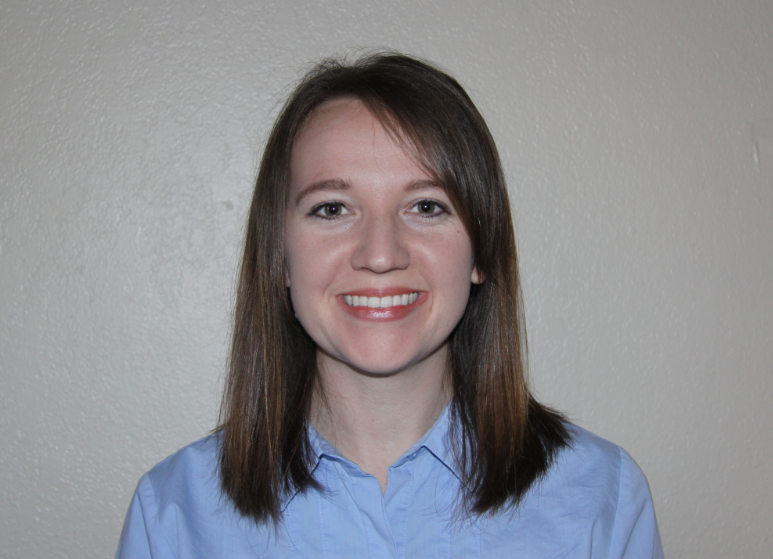Truett Seminary Student Chosen for FASPE Fellowship in Ethics

Julia Wallace, a student at Baylor University's George W. Truett Theological Seminary and the Diana R. Garland School of Social Work
Media contact: Baylor Media Communications, (254) 710- 1961
Follow us on Twitter: @BaylorUMedia
WACO, Texas (April 13, 2018) — Julia Wallace, a student at Baylor University’s George W. Truett Theological Seminary, is one of 13 seminary and divinity school students chosen for the 2018 Seminary Program of the Fellowships at Auschwitz for the Study of Professional Ethics (FASPE).
Students in the program participate in a two-week program in Germany and Poland this summer. The program uses the conduct of clergy and religious leaders in Nazi-occupied Europe as a way to reflect on contemporary professional ethics.
“I feel blessed to be able to participate in a program that allows future religious leaders, from various denominations and religious backgrounds, to gather together to discuss ethics in a context where ethics were so clearly perverted so that we may learn to identify signs of moral degradation and serve as voices of conscience — and dissent — in our own contexts,” Wallace said.
Now in its ninth year of operation, FASPE provides a unique historical lens to engage graduate students in professional schools as well as early-stage practitioners in five fields (business, journalism, law, medicine and seminary) in an intensive course of study focused on contemporary ethical issues in their professions.
The FASPE Seminary program offers an approach to ethics and professionalism that differs from the usual classroom experience by providing a holistic curriculum that looks beyond the specifics of formal rules to focus on the ethical dilemmas faced by individual clergy and other religious leaders in the contemporary setting. Daily seminars are led by specialized faculty who engage fellows in discussions and critical thinking about both the historical and the contemporary. The Seminary Program is strengthened by the diverse perspectives of its participants and the power of place and context.
“Although we will not all have the same core convictions about God or religious practice, I think it is important that we all be able to dialogue with people different from ourselves to find and promote a common ethical ground,” Wallace said.
After the program, each fellow will submit an essay focused on a contemporary ethical issue of his or her choice. Select essays are published in the annual FASPE Journal, which showcases work in all five disciplines.
“Through this experience I hope to better understand how religion and politics became so intertwined and how one influenced and supported the other. In addition to thinking through why so many religious people were involved in Nazi activities, I also want to gain a better understanding of why so many were silent,” Wallace said. “As a Christian, I am convicted that both complicity and silence in the face of evil are antithetical to our faith, so I want to understand why both occurred within the German church.”
For more information about the FASPE program, click here.
by Joy Moton , student newswriter, (254) 710-6805
ABOUT BAYLOR UNIVERSITY
Baylor University is a private Christian University and a nationally ranked research institution. The University provides a vibrant campus community for more than 17,000 students by blending interdisciplinary research with an international reputation for educational excellence and a faculty commitment to teaching and scholarship. Chartered in 1845 by the Republic of Texas through the efforts of Baptist pioneers, Baylor is the oldest continually operating University in Texas. Located in Waco, Baylor welcomes students from all 50 states and more than 80 countries to study a broad range of degrees among its 12 nationally recognized academic divisions.